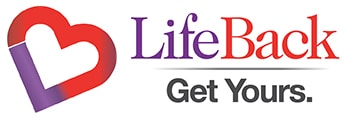LifeBack is state licensed Mental Health and Psychiatric agency. Our dedicated team provides services to children, adolescents, and adults; utilizing a wide range of evidence based practices.
New Jersey
-
4 Princess Road, Suite 206
Lawrenceville, NJ 08648 - (609) 482-3701
- (609) 482-3702
- info@lifebacknj.com
- intaketeam@lifebacknj.com
Pennsylvania
-
10 South Clinton Street, Suite 100
Doylestown, PA 18901 - (267) 935-9925
- (609) 482-3702
- info@lifebacknj.com
- intaketeam@lifebacknj.com

